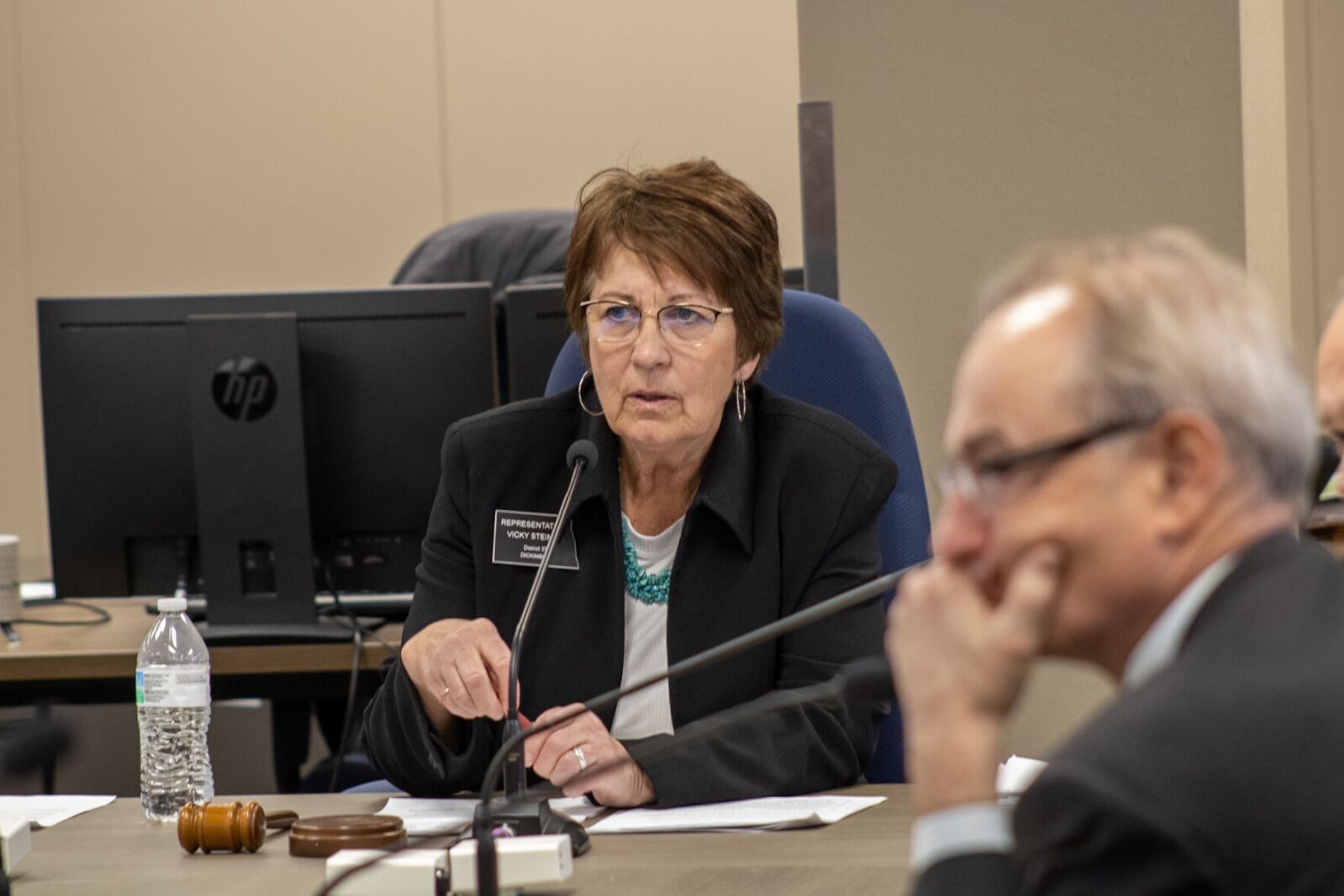Late-Night Political Drama: Campaign Finance Reform Collapses in North Dakota Legislature

In a marathon legislative session that stretched into the early morning hours, state senators grappled with a complex campaign finance transparency bill, ultimately falling short of passing the crucial legislation. As the clock struck 4 a.m. on Saturday, hopes for meaningful reform dissolved when the bill failed to secure enough votes, leaving political watchdogs and transparency advocates disappointed.
The intense negotiations revealed the deep divisions surrounding campaign finance reform, with lawmakers burning the midnight oil in a passionate attempt to find common ground. Despite hours of heated debate and last-minute compromises, the bill could not overcome the political gridlock that has long plagued efforts to shed light on campaign funding.
This latest setback underscores the ongoing challenges in creating more transparent and accountable political financing, leaving many to wonder when meaningful change will finally become a reality.
